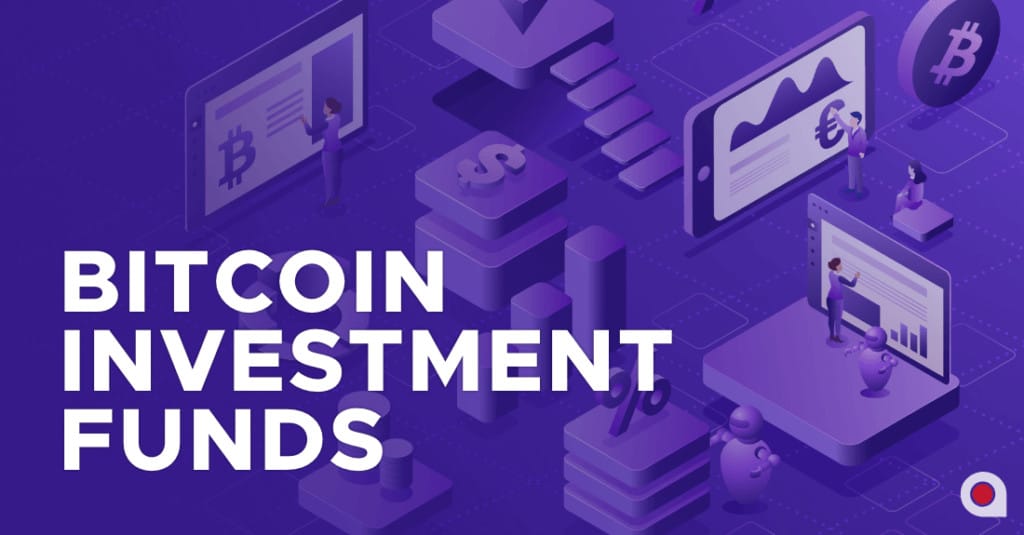
July 26, 2018 – RocketSpace Business Center, San Francisco, California. An IPO vs. IDO conference was hosted by Applicature. This event was particularly informative for ACG (Association for Corporate Growth) members, the venture capital community, and startups looking to raise money from an IDO.
The big race between IDOs and IPOs continues. But which is better? A recent meetup provided answers to these questions:
- What is the difference between an IDO and an IPO?
- What are the business models of IDOs and IPOs?
- What are the costs and expenses of running them?
- What is the importance and relevance of IDOs in today’s world?
- What are the pros of IDOs over IPOs?
- What are the regulation rules of IDOs?
Featured Speakers
- Mark Stoner – business development director & advisor
- Robert Massey – Deloitte, moderator
- Alexander Voloshyn – CTO at Propy, Inc.
- Wayne Vaughan – CEO at Tierion
- Steve Goldsmith – VP of Marketing, Sanovas
- Mitzi Chang – Partner at Goodwin’s Technology Companies & Life Sciences Group
 Target Audience
Target Audience
- ACG members
- the venture capital community
- startups looking to raise money from an IDO
- The general public
Event Summary
The term IDO is formed as an acronym of Initial Public Offering. IPOs and IDOs have some similarities, but there are many more differences.
An IPO is a procedure for issuing securities of a specific legal entity, fixed at the legislative level. An IDO is not directly regulated by the law anywhere in the world at the moment. Tokens can provide a very different range of rights for their holders.
The main similarity between IDOs (in the broad sense) and IPOs (initial public offerings) is that the goal of both activities is raising funds for the development of a project/company.
The main difference is that IPOs have clear legal regulation. In the IPO process, the shares are sold as objects of rights, whose legal status is specified in details by legislation. With respect to the IDO, we have a full legal vacuum at the legislative level (at least for the time being), and, as a result, IDOs implement (place) rights objects (tokens) with different economic specifics, the legal nature of which causes more questions than answers, at least among the general public. Read more about IDO law and compliance here.
 Tokens offer much greater economic opportunities than stocks. An IPO is a very expensive procedure, and an IDO is available even to startups. The risk of introducing fraudulent projects (companies) to IPOs tends toward zero due to tight control by regulators. On the contrary, the risk of getting tokens from fraudulent projects coming out of IDOs is very high, as there is no adequate control by regulators in this sphere. This is the reason IDOs have been “blacklisted” in China as a procedure for attracting project financing.
Tokens offer much greater economic opportunities than stocks. An IPO is a very expensive procedure, and an IDO is available even to startups. The risk of introducing fraudulent projects (companies) to IPOs tends toward zero due to tight control by regulators. On the contrary, the risk of getting tokens from fraudulent projects coming out of IDOs is very high, as there is no adequate control by regulators in this sphere. This is the reason IDOs have been “blacklisted” in China as a procedure for attracting project financing.
It is not necessary to regulate IDOs as rigidly as IPOs. To reduce risks, it is sufficient to introduce mandatory identification of responsible persons and strict liability for violation of public norms and obligations to participants of cryptology, fixed in local documents of the project (white paper, etc.).
Who Are the Participants in IDOs, and What Is the Reason for the Growth of Their Popularity?
The more democratic procedures for IDOs in comparison with IPOs usually involve “smaller” players. Among investors, there are no players comparable to Vanguard, and among issuers – comparable to Amazon. Usually, large companies with a good reputation are not participants in IDOs, but fintech startups are- high-tech companies whose business is sometimes only at the stage of a promising idea. People who invest in IDOs are mainly fans of all other forms of crowdfunding.
The most famous case of a successful IDO is the creation of the Ethereum cryptocurrency (Ether). In 2014, the company released tokens for all comers, and after a while, these tokens radically rose in price. With the IDO, $18 million was raised, but now, the capitalization of the currency has reached $46 billion. An interesting fact from Wikipedia: the procedure for raising funds for Ethereum is called crowdfunding (in the old fashion), but not for IDOs. In total, for the year of 2014, $31 million was collected for various projects. The record year was 2016, with $210 million.
 Conclusion
Conclusion
The concept of coin implementation is still at the initial stage of its development. In the near future, we will see even more innovations. At the moment, industry experts are very positive about the future of IDOs.
It will become more difficult to participate in IDOs, and only professional teams will do it. Thus, the total number of IDO startups will decrease, but the percentage of trustworthy and profitable projects will grow.
As a result, IDOs will reach a new, more professional level — both from the point of view of the development of the crypto industry and the position of investment.
Feel free to visit and subscribe to the Applicature Facebook page to stay up to date on all upcoming news and events!

 The Relationship Between the Google Ads Policy and Cryptocurrencies
The Relationship Between the Google Ads Policy and Cryptocurrencies
 Cardano ADA as a useful new payment system providing fast, safe, cheap transactions
Cardano ADA as a useful new payment system providing fast, safe, cheap transactions
 Bitcoin Investment Funds
Bitcoin Investment Funds
 Blockchain Education: a Should-Have or a Must-Have?
Blockchain Education: a Should-Have or a Must-Have?
